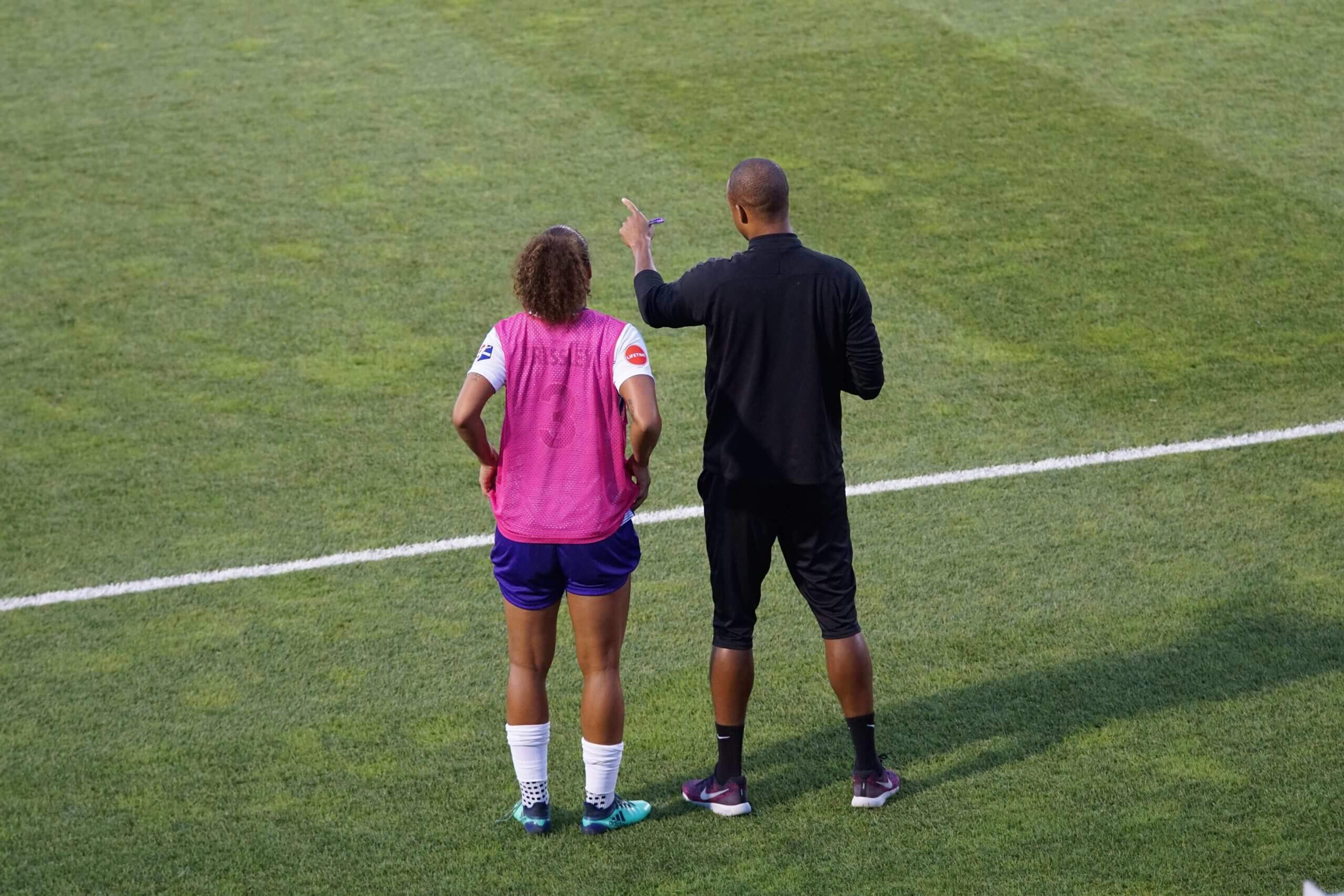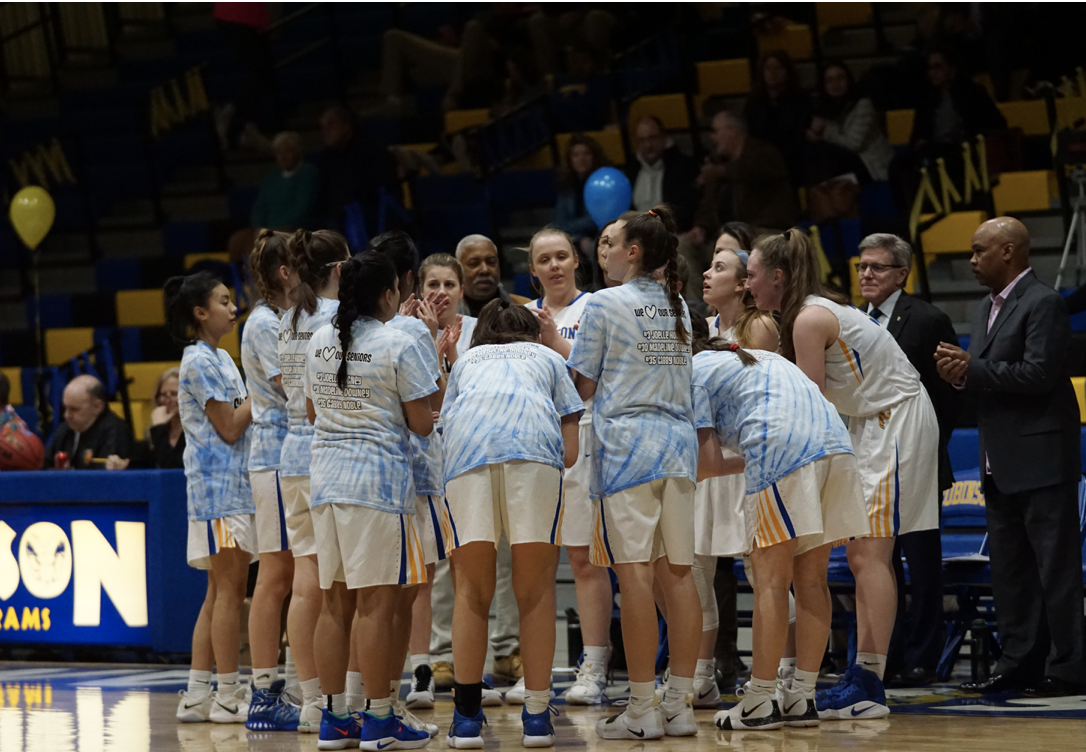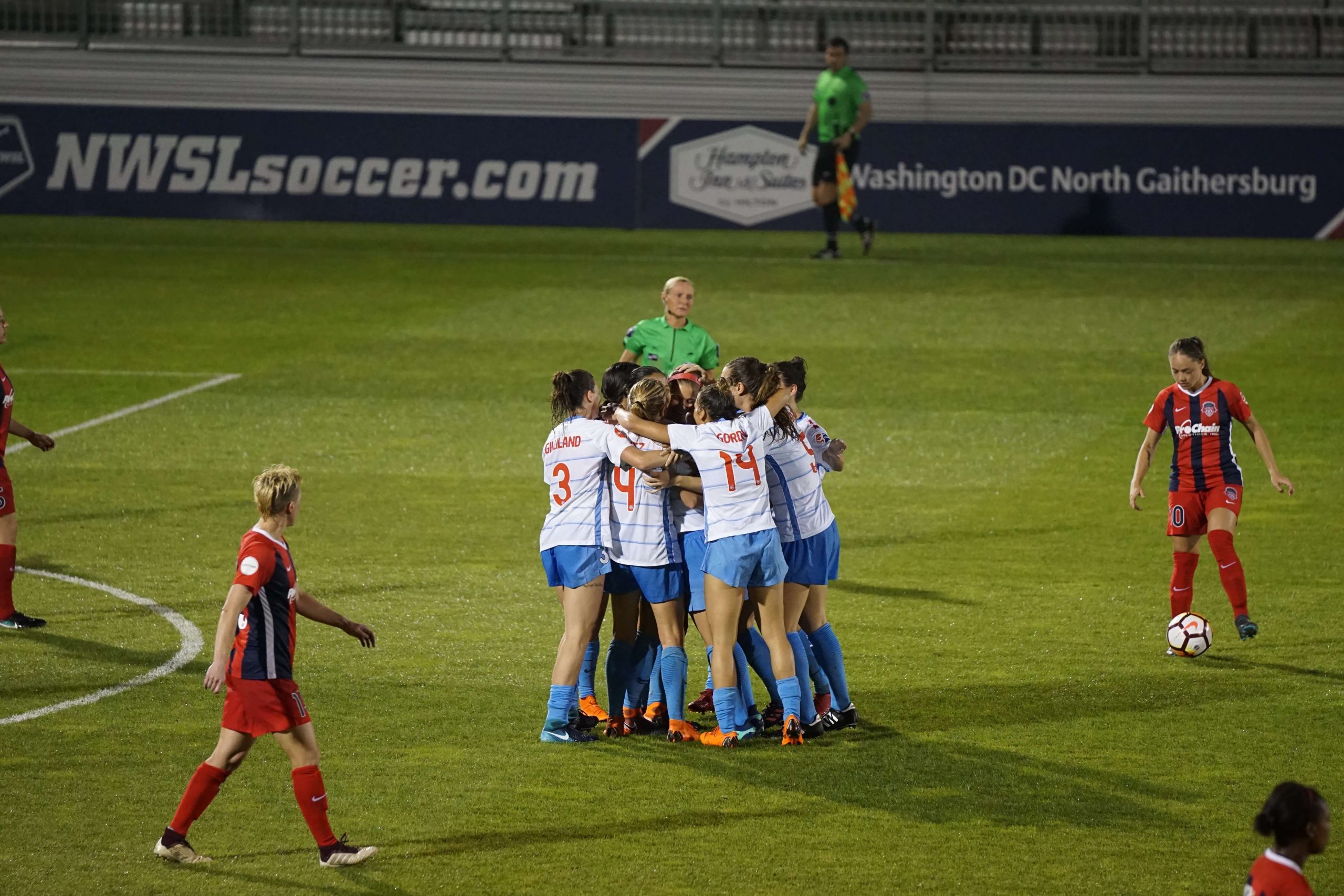FILL OUT TO GET FULL ACCESS
Sign up now to receive relevant, data-driven insights that can help your program improve.

Athletic Director Case Study - Investing in the Future
Get The Case Study
Bill Eckstrom’s latest TEDx Talk spotlights two types of coaches: transactional and transformational. What are the differences, and why is it imperative to the student-athlete experience that a coach aspire to be transformational? Watch Bill’s Talk or read his answers to those questions below.
All coaches – from high school and club level to the most elite college programs – want to win. That’s not breaking news. Winning is a goal they all share. But what varies substantially is the path they take to get there.
Some coaches take a traditional developmental road that allows for little else than drills, conditioning, game strategy and skill development. And when these behaviors are executed with a single focus on winning, that’s when coaches become stuck in a developmental rut. A transactional rut.
Other coaches, the ones who aspire to create more than a robotic athlete, the ones who desire to develop young minds beyond courts and fields, see a broader path that puts the focus where it should be: on the overall student-athlete experience. These coaches create trust-based connections, provide psychologically safe team environments and know how to challenge student-athletes in a healthy way – so athlete growth is maximized. These are transformational coaches.
These are two sharply divergent paths that lead to two different types of student-athlete experiences. And yet, the transactional coach and the transformational coach share one important commonality: How they coach can shape student-athletes for the rest of their lives.
Let that sink in.
Why words and actions matter
What a coach says and how they say it is paramount to the growth of a student-athlete. Words and actions can last a lifetime. Or, in my case, 46 years.
When I was a young student-athlete, I idolized Bart Starr, one of the greatest NFL quarterbacks of all time. I wanted to be him. A lofty dream? Perhaps. But that’s the level I aspired to reach. However, my middle-school coach blocked the path to that dream. He was a transactional coach who chose winning over building relationships and creating an environment where I felt safe. In fact, I didn’t even feel safe enough to disclose a shoulder injury which inhibited my ability to throw, so all coach could see was an athlete who couldn’t execute his offense. I was ridiculed, mocked, and then benched. That coach stole my confidence, trust and connection to the team.
Now, 46 years later, that negative experience motivated me to create Ecsell Sports so that other student-athletes don’t have to experience the same transaction.
Let’s play, ‘What if?’
What if my coach was a transformational coach? What if, instead of only seeking wins, my coach had developed an environment where players felt connected, safe asking questions and sharing information (like an injury), and allowed for vulnerability?
I wouldn’t have continued to reinjure myself trying to prove something. I would have stood with my team on the sideline supporting them instead of withering on the bench. I would have recovered and been back, battling to play for the love of my teammates and the game.
Would I have become the next Bart Starr? Ha! Not likely, but it is not the job of a middle-school coach to dash dreams or put boundaries on what one believes they can and hope to do.
Why we do what we do
I’ve used my student-athlete experience to help guide Ecsell Sports by showing that transformational coaching leads to student-athletes truly excelling.
We’ve created an entire program and methodology to help coaches get there, and it begins with three core objectives:
Quantifying your coach’s impact through the eyes of the student-athlete.
Creating a gameplan and setting goals for improving the overall experience, which may involve team wins, but success or failure will never be defined by wins.
Positively impacting the student-athlete’s overall experience.
We’ve based our methodology on new research that asks ADs, club owners and coaches to rethink “winning” and “success.” Using extensive data on the student-athlete experience, we’ve come to understand the critical difference between transactional versus transformational coaching. Coaches who focus on improving the student-athlete experience, as opposed to only focusing on trophies, are the ones whose teams have the greatest chance of achieving peak performance.
And it starts with establishing a team environment through building trust. It’s called Connection, and it’s one of Ecsell Sports’ six primary coaching Themes. Student-athletes need to trust that their coaches genuinely care about them and will be there for them so they can confidently chase their goals without hesitation and fear. We use themes like Connection and Psychological Safety to help coaches grow and become complete, high-performing transformational coaches who positively impact their student-athletes.
Research leads the way
With our data-driven information and improvement tools, we offer alternatives on how the coach engages with student-athletes during team practices and games. In addition, with in-season assessments, we help coaches identify and resolve previously unknown issues and pivot to new coaching methods that can positively impact the student-athlete and the development of their young lives.
Of course, growth and being challenged can be uncomfortable. And that’s ideal. That discomfort – taking the road less traveled and departing from “how we’ve always done things” – can forever change a coach and their student-athletes for the better. After all, true growth only occurs in discomfort.
In the end, what we offer is insight. Priceless, life-changing insight into the state of athletic programs and the coaches that foster growth in student-athletes during their most formative years. And for student-athletes whose coaches take this path, that makes all the difference.















